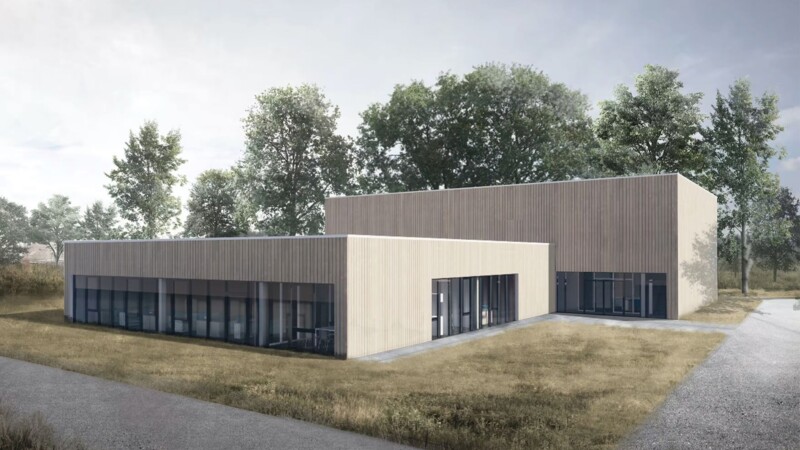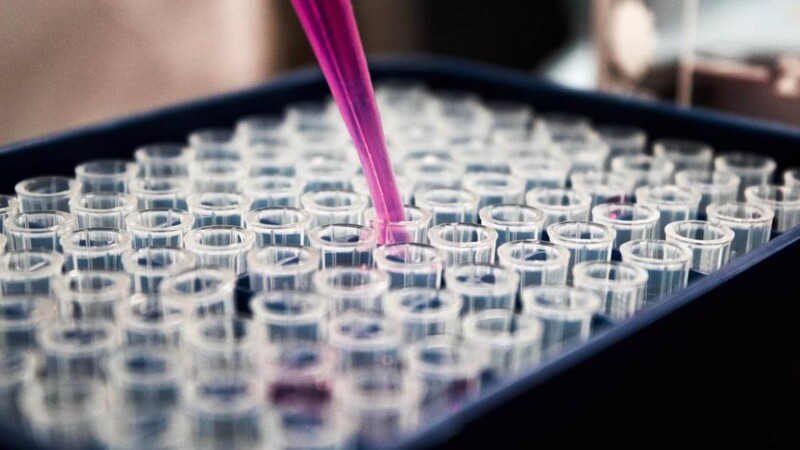"I am convinced that computer technologies and data structures are essential to all of our existing research sections and for evaluating and using the results of studies in the long term," said Prof. Dr. Jürgen May, CEO of BNITM. Self-generated primary data and the available data sets can merged for large-scale studies with modern software, digital applications and artificial intelligence. "That is the only way to advance scientific development and to expand BNITM's pioneering role in tropical and infectious medicine," May added. The areas of innovation range from research into the structure and dynamics of proteins to pathogen-host innovations and new solutions in Digital One Health. New findings will be shared with other Leibniz Institutes, research associations, networks and working groups and synergies.
The Bernhard Nocht Institute for Tropical Medicine (BNITM) is taking the digitalisation of its infection research to the next level with a new digital centre from 2025, a press release said Thursday (February 15, 2024). The centre will have the two main divisions of "Structure and Dynamics of Proteins" and the "New Generation Bioinformatics for Pathogens and One Health". BNTIM and the University of Hamburg also plan to set up a professorship in each section. This comes after the Joint Science Conference (GWK) of the federal and state governments approved funding by the Leibniz Association. The centre will cost around EUR 3 million annually to run, according to BNITM.
New centre to transform research
BNITM seeks closer cooperation with Africa
BNITM also aims to advance research in global health and to improve the infrastructure for analysing complex data sets in Africa. In addition to the new digital centre in Hamburg, plans are also being laid to set up a partner institute and training centre in sub-Saharan Africa to allow more people there to conduct research.
fw/sb/pb
Sources and further information
More
Similar articles

Tuberculosis remains deadly in 21st century

Hamburg's Bernhard-Nocht Institute expanding

Hamburg more international than ever
